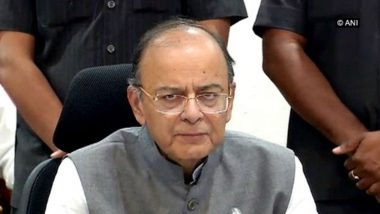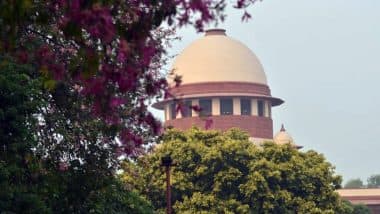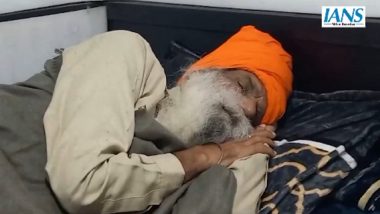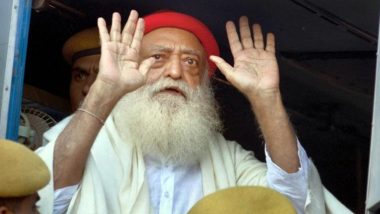New Delhi, July 5: Union minister Arun Jaitley today said the "presumption" of the Delhi government that the Supreme Court judgement has given it administrative powers over union territory (UT) cadre officers is "wholly erroneous".
Yesterday's judgement of the apex court, he said, does not either add to the powers of the state government or the central government nor does it in any way dilute them.
"It emphasises at the importance of elected state government, but Delhi being a union territory makes its powers subservient to the central government," he said in a Facebook blog on the Supreme Court's judgement in the Delhi government case.
Hours after the landmark judgement yesterday, the Delhi government introduced a new system for transfer and postings of bureaucrats, making Chief Minister Arvind Kejriwal the approving authority.
However, the services department refused to comply, saying the Supreme Court did not abolish the notification issued in 2016 which made the Ministry of Home Affairs the authority for transfers and postings.
There are several issues which had directly not been commented upon, but by implication there is some indication of those issues, Jaitley said, adding that unless issues of importance are flagged, discussed and a specific opinion is rendered, "none can assume" that silence implies an opinion in favour of one or the other.
There are two obvious indications, Jaitley said adding firstly that if Delhi has no police powers, it "cannot set up" investigative agency to investigate crimes as had been done in the past.
"Secondly, the Supreme Court has held categorically that Delhi cannot compare itself at par with other States and, therefore, any presumption that the administration of the UT cadre of services has been decided in favour of the Delhi Government would be wholly erroneous," said Jaitley, also an eminent lawyer.
The judgement by a five-judge constitution bench, headed by Chief Justice Dipak Misra, laid down broad parameters for the governance of the national capital, which has witnessed a bitter power tussle between the Centre and Delhi government since the Aam Aadmi Party government first came to power in 2014.
Jaitley also noted that Delhi is not a state and, therefore, there could be no assumption that powers which belong to state government also belongs to the elected government of the union territory.
"It has been specifically held by the Supreme Court that it is crystal clear that by no stretch of imagination, NCT of Delhi can be accorded the status of a state under the present constitutional scheme and the status of the lieutenant governor is not that of a governor of a state, rather he remains an administrator, in a limited sense, working with the designation of lieutenant governor," he said.
The Council of Ministers being headed by the chief minister should be guided by values and prudence accepting the constitutional position that the NCT of Delhi is not a state, he said.
The court, Jaitley added, has rightly observed that all the three institutions, the elected government, the LG and the central government must work in harmony keeping the interest of the people and the national capital in mind.
Cooperation, operating in their respective constitutional space and not confrontation should be the objective, said the minister who is recuperating after a kidney transplant surgery.




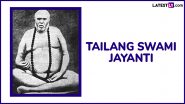



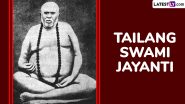




 Quickly
Quickly









